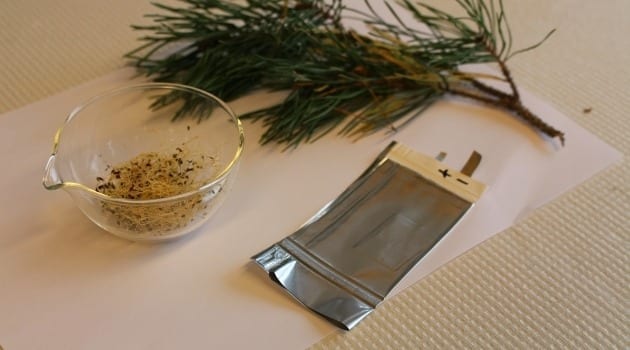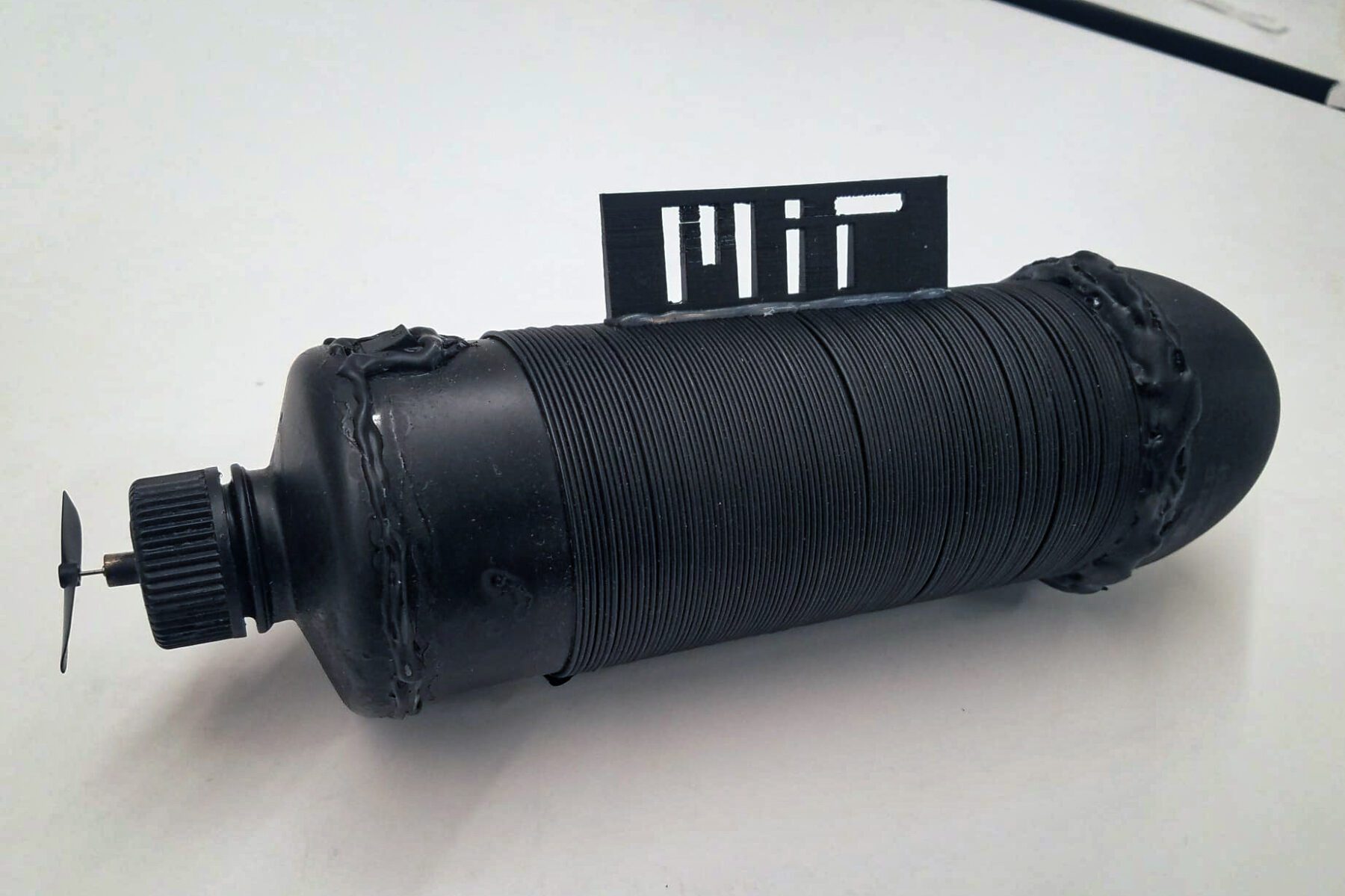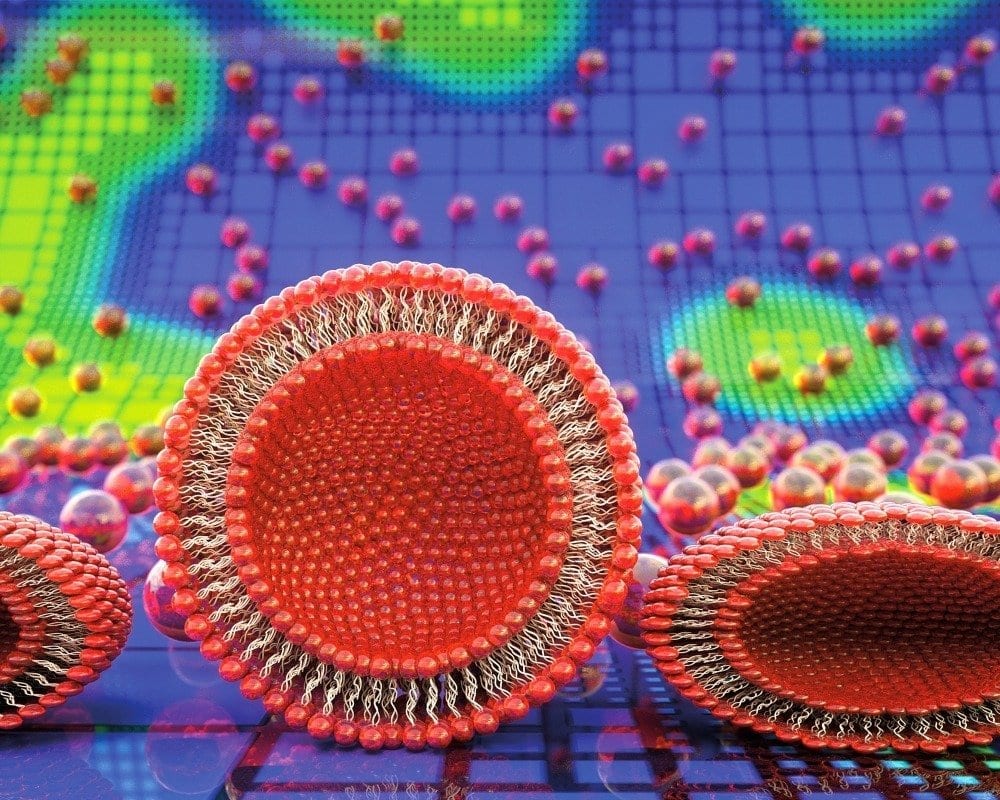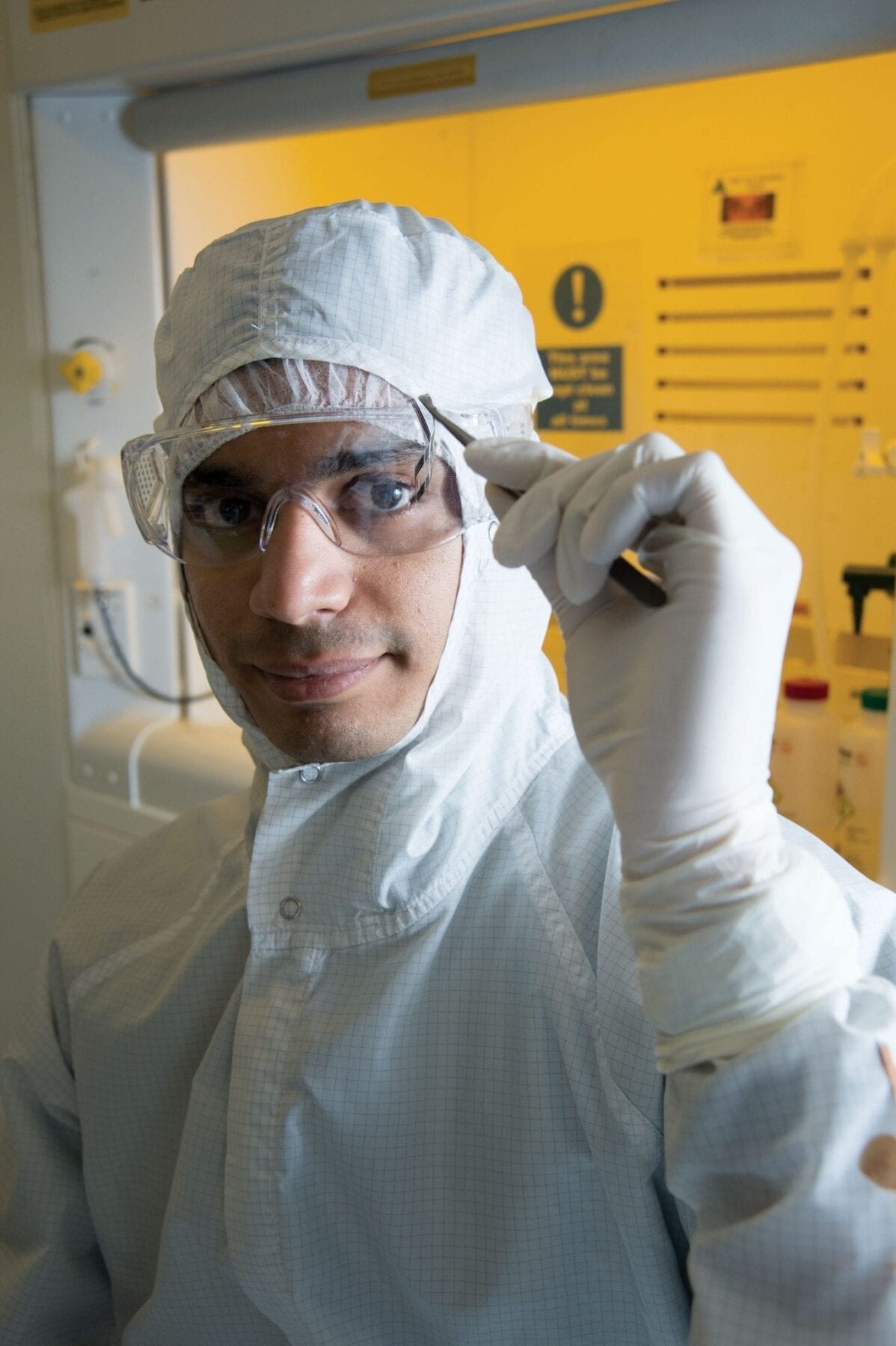
Photograph: Daniel Brandell
Present-day lithium batteries are efficient but involve a range of resource and environmental problems.
Using materials from alfalfa (lucerne seed) and pine resin and a clever recycling strategy, Uppsala researchers have now come up with a highly interesting alternative. Their study will be presented soon in the scientific journal ChemSusChem.
‘We think our discovery can open several doors to more environment-friendly, energy-efficient solutions for the batteries of the future,’ says Daniel Brandell, Senior Lecturer at the Department of Chemistry, Uppsala University, one of the researchers behind the idea.
Lithium-ion batteries are, thanks to their high energy content, highly promising for various products — not least, electric vehicles or large-scale energy storage in the electricity grid — in the future energy system. But present-day lithium batteries entail a number of resource-related and environmental problems. For a start, the world’s commercially extractable lithium resources are limited and whether they can meet future needs is unclear. Moreover, it is very difficult to recover lithium from the inorganic materials used to make modern batteries. What is more, lithium batteries contain other, even rarer materials that are hard to replace and require large energy inputs and toxic chemicals for the recovery process.
In their latest study, researchers at Uppsala University’s Ångström Laboratory have developed a whole new battery concept. The battery is based on recovery and renewable biological material with an energy content corresponding to that of current lithium-ion batteries. Components of the battery are made of renewable organic biomaterials from alfalfa and pine resin, and can be recycled with a low energy input and non-hazardous chemicals, such as ethanol and water.
The Latest on: Renewable organic biomaterial battery
[google_news title=”” keyword=”Renewable organic biomaterial battery” num_posts=”10″ blurb_length=”0″ show_thumb=”left”]
via Google News
The Latest on: Renewable organic biomaterial battery
- Battery energy storage developments that are electrifying the sectoron April 25, 2024 at 6:59 am
Battery energy storage is vital for a clean energy future. Kit Million Ross explores new developments in the sector.
- Revolutionizing Renewable Energy: Innovative Salt Battery Efficiently Harvests Osmotic Poweron April 24, 2024 at 5:00 am
A new semipermeable membrane doubles the osmotic energy output in estuaries, showing potential for sustainable power generation. Estuaries — where freshwater rivers meet the salty sea — are great ...
via Bing News










